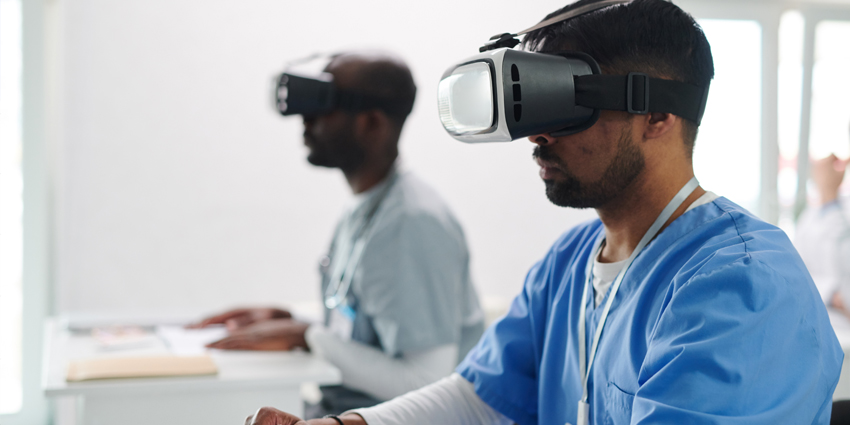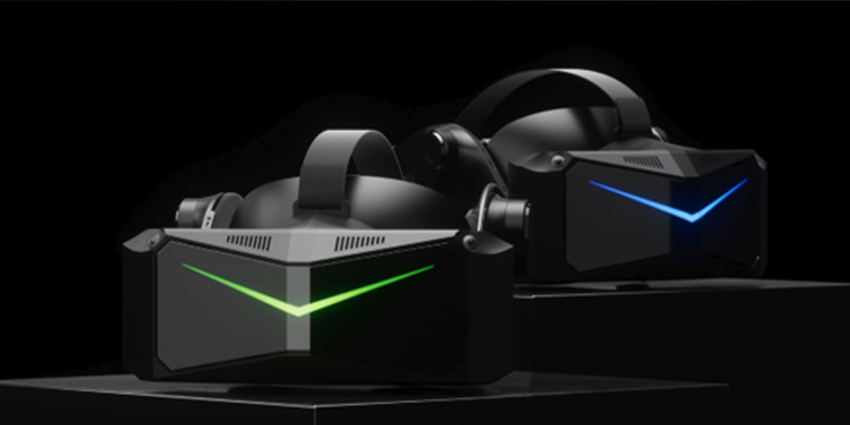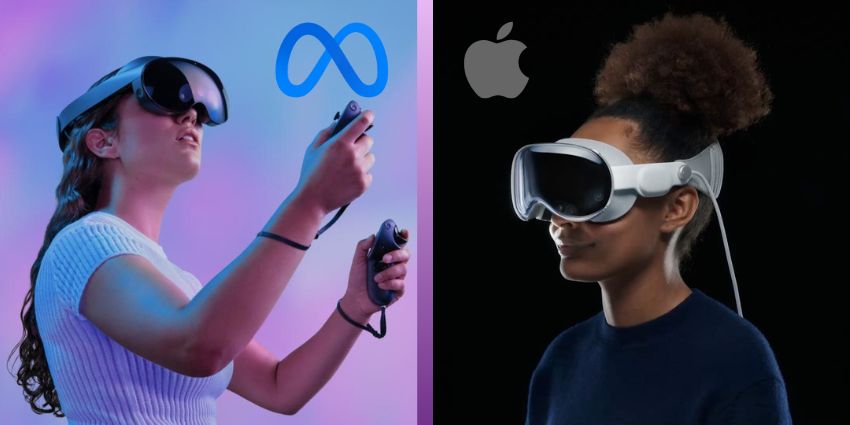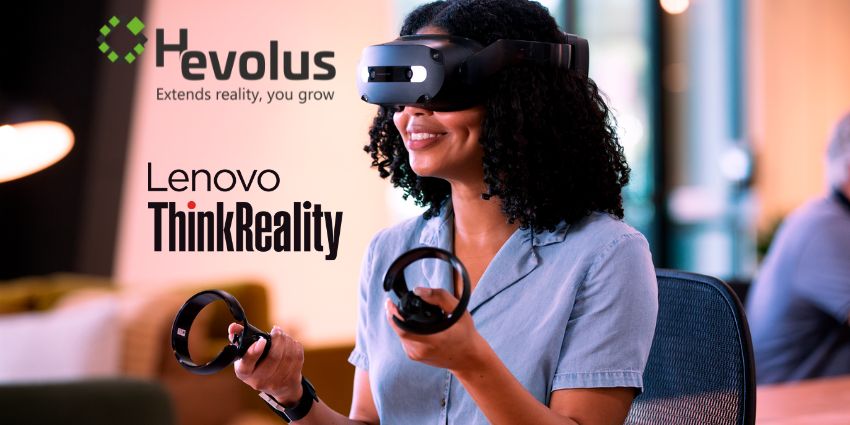This month, immersive healthcare solutions provider Vantari VR announced the rollout of its immersive direct-to-clinician medical training software to a broader scope of international professionals.
The release marks a trend in XR technology that sees enterprise-grade products established as software as a service or subscription-based platforms providing access to a range of integrated, immersive applications – Vantari VR is joining this trend.
The Australian firm is debuting its rollout with training modules allowing healthcare professionals to upskill at home.
According to the firm, its product rollout assists in democratising the technology by increasing the about of medical professionals who can access the platform, therefore, growing its impact on the healthcare space.
Staff Anaesthetist and Supervisor of Training Dr Andrew Goldberg noted that the Vantari VR product could improve the accessibility and scope of healthcare education and training.
Moreover, Dr Goldberg explained that the software package enables training teams to save set-up time and “post-training clean-ups sessions.”
Dr Goldberg also added:
The forward planning required to book suitable, available spaces in the hospital to conduct training sessions, setting up the space and equipment (e.g. mannequins, scalpels etc.) for juniors to practise on, have all proven to be time-consuming,
According to the Doctor, set-up costs are dramatically expensive, “especially when considering that training hospitals run through multiple sessions each month for various training levels such as pre-anaesthetic trainee, trainees, nursing staff.”
Moreover, they said that saving money in healthcare training scenarios is beneficial, and VR can help to accomplish this. The Doctor noted that “we will save massive amounts of money and time.”
VR Medical Training Can Support Clinicians at All Stages of Their Career
The firm’s healthcare solution comes as a laptop and VR headset package, which trainees and mentors can access to find a suite of training applications. According to Vantari VR, its solution can reduce medical errors by 40 percent.
The firm reported its figures based on a research program conducted in partnership with the University of Wollongong.
Moreover, the research found that the Vantari VR training platform can improve student clinicians’ performance by 32 percent. The platform also improves adherence to safety and hygiene training outcomes by 39 percent.
Specialist Anaesthetist Dr Cameron Main also noted the positive outcomes of VR-based training platforms in healthcare.
The Doctor explained that Vantari VR services could help to improve the flexibility of training for clinicians at all stages of their careers.
Dr Main added that as a clinician with more than 20 years of experience and “no background in the virtual reality space,” Main wanted to observe the usability of VR and how to apply it to complex procedures.
The Doctor also noted how they were “surprised with the software’s capability to replicate the clinical environment in VR,” further noting how the “step-by-step progression felt familiar and immersive.”
Facing Generational Factor
Moreover, Dr Main explained how immersive software can assist in teaching student groups that represent a range of generational considerations.
Dr Main explained:
The key distinction between junior and senior clinicians is that the seniors have already acquired and honed the motor skills to effectively carry out various procedures; whereas junior clinicians are still at their beginning stages of picking up the necessary skills to conduct procedures instinctively. For senior clinicians, the software can be seen to be useful in refreshing our memory on procedures that we undertake less frequently and we are able to re-familiarise ourselves through VR.
Additionally, Dr Main added that VR will benefit junior clinicians in a “much different manner.”
They stated that junior clinicians can revisit specific steps, improve confidence during certain scenarios, and repeat the steps “until it becomes second nature for them to execute the procedure accurately.”
Dr Main explained that Varntari VR training services allow junior clinicians to improve their skills via “practice in a safe, scalable VR environment.”
The Doctor added that junior clinicians could “solidify their learning,” which results in trainees becoming “fully present” during training sessions. Moreover, Dr Main noted that trainees are able to “concentrate on improving technique rather than attempting to memorise the steps when operating on real-life patients.”
Dr Main also added:
Historically, when junior clinicians experience difficulty when conducting one of the steps during training, supervisors may step in and end up taking over the entire procedure completely — this limits the opportunity for junior clinicians to learn through repetition at an early stage. Having a VR simulation where students can take an hour out of their day to practise on their own may be beneficial in their growth and learning.
Vantari VR is developing partnerships and expanding its reach across the Australian market. The XR firm has secured partnerships with institutions such as Fiona Stanley Hospital and Nepean Hospital. Vantari VR is also moving overseas, gaining multiple US partners, with further plans to expand into UAE, India, and Asia regions.







